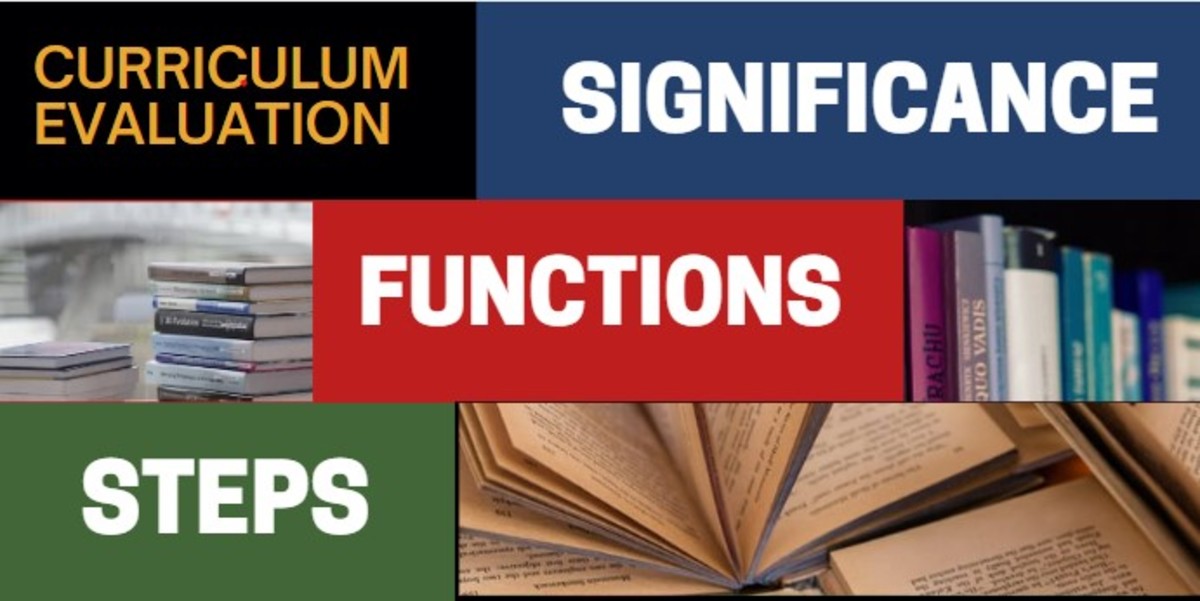Choosing a College You Can Afford
The Admissions Process is Changing
High school seniors are often told to pick at least one "safety school." Traditionally, this is an institution where admission is highly likely.
In recent years, though, the safety school designation has taken on a new meaning.
Not only should you pick a school that will most likely welcome you. It should also be financially possible to attend this institution.
Students with excellent grades and stellar test scores have many more choices. Except at the most competitive colleges, where everyone is extraordinarily gifted, these high-ranking students are the most sought after.
Because of this, they will usually receive generous offers of merit aid, as well as other forms of financial assistance, such as need-based grants. These top-notch students, though, are small minority.
The rest of the pack should include, on their college list, true safeties, both in terms of admission and affordability.

The College Solution
The First Type of Safety School
This is where your grades and stats exceed the student body average. Some experts believe you should rank in the 75th percentile of accepted applicants.
If your college essay is good, you have no serious disciplinary issues and your teacher recommendations cast you in a good light, then it's a pretty safe bet you'll receive that big, fat acceptance packet.
In the current economic climate, some smaller private colleges are surprisingly easy to get into, provided your parents can pay full freight.
Because endowments have greatly suffered in the global recession, a mediocre student may actually have a better chance of admission than a better student who is financially needy.
With the average cost of attendance at a private college now pushing $44,000 a year, including room and board, many students simply can't afford to attend these schools. This has led to aggressive recruiting of wealthy foreign applicants.
This is one reason college acceptance has become increasingly competitive and surprise rejections seem to happen more often.
State schools, in particular, have become more selective, as even upper-middle-class families choose this option over a pricier elite liberal arts college.
An excellent student with wealthy parents obviously has the most options when it comes to college, compared to an average student from a disadvantaged background.

The Second Type of Safety School
For many students, this is actually the most important safety. An acceptance letter from your first choice is of little value if you can't afford to attend.
That's why every student who wants to attend a four-year college should have one or more financial safeties on their list. That's because, in recent years, a new term has been coined. It's called "admit-deny." This is when a student is invited to enroll, but finds it impossible to do so.
What typically happens is the financial award letter may include a bit of merit aid, as well as a small need-based grant. The rest of the package is federal student loans. But these amounts do not even begin to approach the cost of attendance.
This unfortunate situation is called being "gapped." The student or his or her family must, somehow, come up with the difference. Unless the family has substantial savings, this difference is usually met with loans.
The family will be offered a federal Parent PLUS loan. If that is denied, the student may apply for additional federal student loans. If these still don't meet the cost of tuition, the only recourse would be a private student loan. These typically come with high interest rates.
Student loans must be repaid. Even filing bankruptcy does not relieve you from student loan debt. The average student loan debt carried by the 2013 graduating class is now $35,200. This does not include other undergraduate expenses shifted to credit cards.

Learn to Love Your Safety School
If your family has limited means, or if your parents are not willing to pay upwards of $40,000 a year for a private education, an in-state public college may be your best option. If possible, make sure to apply to one within an easy commute, in case your financial aid package isn't large enough to cover room and board. You could possibly live at home and commute, or live on campus one year, and then move back home and drive to classes to save money.
Approach this "safety" just as seriously as you would your first-choice school. Under no circumstances, let the admissions office know you view this school as a last resort.
Otherwise, it may not even be a choice for you. Colleges are rejecting more applicants than ever before, even at second-tier state schools.
Learn to love your safety school, because it may turn out to be your most realistic option.
College Options for Low-Income Students
Merit scholarships
| Second-tier state university
| Community college
|
|---|---|---|
If you have top grades and outstanding SAT scores, you will likely be in line for generous merit aid scholarships.
| This is probably your most affordable option if you desire to attend a four-year college. You'll save a lot of money if you can live at home and commute to school.
| This is the least expensive option. However, top students may actually lose money by not going directly to a four-year school, as most merit money is given to incoming freshman.
|
What Happens if You Don't Choose a Safety School?
One young man I know didn't include a safety school in the mix, despite the fact he came from an impoverished family. His grades and SAT scores, although above average and certainly respectable, did not place him in the top of his class. With this profile, he could expect some merit scholarship money from a university. But it wasn't going to be anywhere near a full ride.
Despite warnings from a couple of adults that he was getting in over his head, in his youthful confidence, he didn't heed them. He put a deposit on his first-choice school, an expensive private institute in the practice of "gapping" students who can't afford to attend. In college parlance, the word "gap" refers to a financial package that doesn't begin to approach the cost of attendance, even after factoring in federal student loans and your family's ability to pay.
Now, with the countdown to his first college tuition bill looming, this unfortunate young man needs nearly $20,000 if he plans to live on campus. If he chooses to commute, he'll still be thousands of dollars short of his goal.
Although some people in this position may then turn to Parent PLUS loans, a risky proposition, his family's credit is shot. So even this is not an option.
Because he didn't apply to any safety schools, his only real option now is to enroll at his local community college or sign up for individual courses at a state university within a reasonable commute.
Missing the Boat
Unfortunately, he has also missed the boat. Given his good grades, excellent recommendations and his demonstrated leadership abilities, along with the fact that he is the first in his family to attend college, a lower-tier state university most likely would have given him a very generous package in order to make his education affordable.
This is an opportunity that will never come his way again. That's because the best financial aid packages are usually always allocated to incoming freshmen.
The Dilemma of Low-Income College Students
Paying for College
- How a Parent PLUS Loan Can Destroy Your Life
College tuition has increased to where it's no longer affordable for the average family. Parent PLUS loans are part of the problem.
Tighter Regulations for Parent PLUS Loans
Disclosure
I am a participant in the Amazon Services LLC Associates Program, an affiliate advertising program designed to provide a means for sites to earn advertising fees by advertising and linking to amazon.com.










